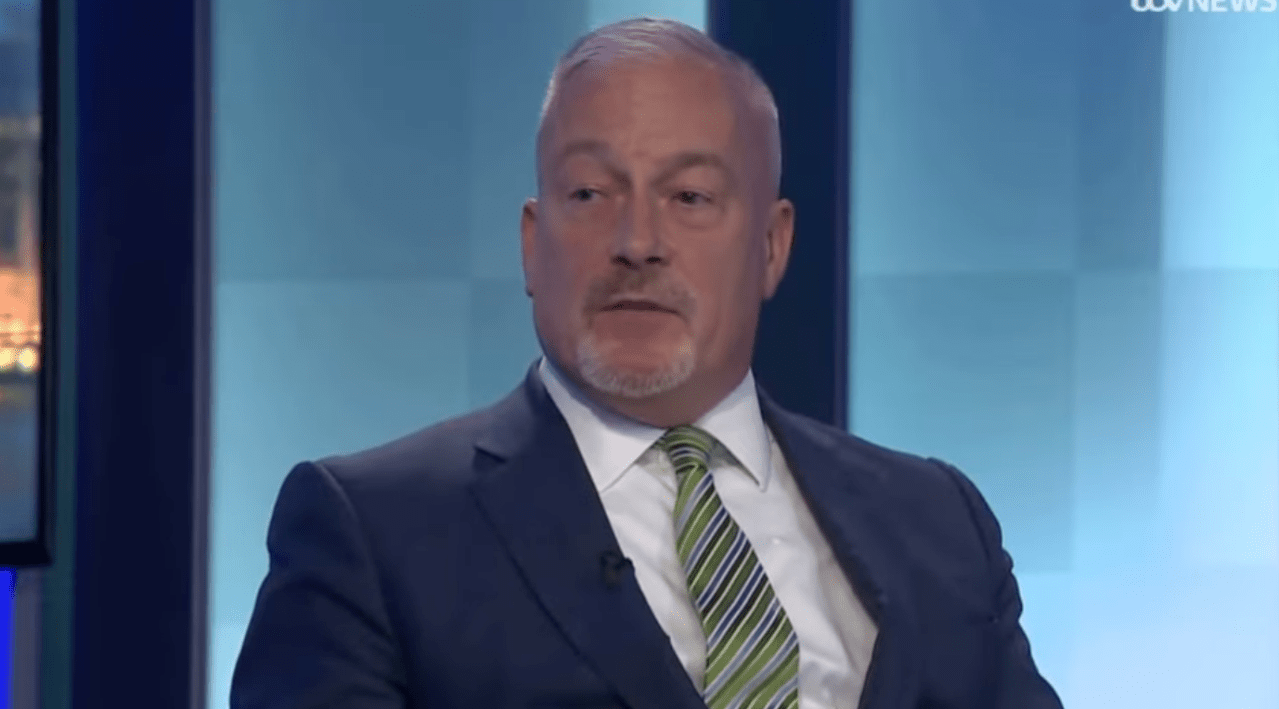When you ask Tory MPs about Richard Fuller, you’re likely to get one of two replies. ‘Nice guy’ from those who know him; ‘Who?’ from those that don’t. It tells you why Rishi Sunak chose him to be Tory chairman, as the party dusts itself off from its electoral drubbing. Fuller, along with Bob Blackman of the 1922, will guide the party through the next three months, as the Conservatives begin the long task of choosing a new leader and rebuilding from the financial ruin of this election.
Fuller was chosen for the role after the resignation of his predecessor Richard Holden. Other than a name, the two have little in common: born in the Southern Midlands, Fuller is now in his early 60s and has never been widely identified with one leadership contender’s particular camp. One of the 147 new MPs elected as part of the 2010 ‘golden generation’, he had to watch as many of his contemporaries like Sajid Javid, Priti Patel and Liz Truss raced up the greasy pole to grab ministerial berths. A successful businessman, Fuller instead contended himself with various select committees.
His most memorable moment here was in the spring of 2016 when he attacked Sir Philip Green over the collapse of high street firm BHS. Fuller accused him of being a Judas by ‘betraying’ employees, with the embattled businessman ordering him to ‘Stop staring at me please’ at a testy select committee meeting. Fuller supported Leave in the June 2016 referendum before finding himself the following summer as one of the shock casualties of Theresa May’s disastrous campaign, having backed her to be leader. Having lost in Bedford in 2017, he came back in nearby North East Bedfordshire seat two years later – proof that MPs can come back from defeat.
Fuller is thus well-placed to speak to many of the 175 incumbent Tories defeated on 4 July. For one thing, he was almost one of them, with the election night exit poll actually suggesting he would lose again. As chairman Fuller is now running ‘career transition sessions’ for fallen colleagues. One casualty praises his handling of these: ‘He has lost a seat himself and wants to support those who lost to come back. Just very nice and friendly, listening mode. He’s a real contrast with Holden.’ Another says that their session was ‘angry but not at him’, adding, ‘He gets it.’
Unlike most of his 2010 peers, Fuller had never served in ministerial office until the summer crisis of 2022 when Boris Johnson was forced to stand down. In the face of mass resignations, Fuller served as a junior Treasury minister from July to October 2022. Fuller was a loyal supporter of Johnson until the end of his premiership, voting for him in the June confidence ballot and declaring ‘I have supported the Prime Minister throughout’ after his resignation. That record should stand him in good stead in future meetings with the pro-Johnson Conservative Democratic Organisation, though he supported Rishi Sunak in the summer of 2022.
Fuller can also cite his own record of grassroots’ involvement, having leafleted since the 1970s. He chaired the Young Conservatives from 1985 to 1987 and was then regarded as being ‘a paid-up dripping wet,’ according to a veteran right-winger. Even today, one colleague suggests he is ‘self-described pinko Tory’ in spite of his ‘fiscally hawkish’ views. ‘Liberal on social issues but economically Thatcherite’ is how a third puts it. ‘I don’t get the sense Richard is beholden to any wing of the party,’ concludes one friend. ‘Which is why he probably got the job in the first place.’
Likeable, if low-profile, this then is Fuller’s moment. The next three months, with various hustings and a conference to plan, will put him finally in the spotlight.








Comments